Aging in Reverse: Are you a senior looking for ways to stay active and burn calories? The good news is that it doesn’t have to involve grueling exercise. There are many ways to stay healthy, even in your golden years.
As we age, it becomes increasingly important to prioritize physical activity and burn calories to maintain a healthy lifestyle. Fortunately, there are many effective ways for seniors to stay active and burn calories without putting too much strain on their bodies.
Aging in reverse” is a popular wellness concept that refers to slowing down or even reversing the visible and biological signs of aging. While we can’t literally turn back time, certain lifestyle habits, nutrition strategies, skincare routines, and exercise methods can improve cellular health, maintain vitality, and make you look and feel younger. It’s about optimizing longevity, increasing energy, and reducing age-related decline, enabling the body to function more youthfully for a longer period.
Key factors often linked to “aging in reverse” include:
- Anti-inflammatory diets rich in antioxidants
- Consistent exercise (especially strength training and mobility work)
- Stress reduction and quality sleep
- Skincare that promotes collagen production
- Biohacking strategies (cold therapy, intermittent fasting, red light therapy, etc.)
Staying Active for Seniors: The Path to Aging in Reverse
Staying active is especially important for seniors, not only for maintaining a healthy weight but also for improving overall health and well-being. Regular physical activity helps older adults manage or prevent chronic diseases, enhance mobility, reduce the risk of falls, and boost mental health. For many, these habits represent a real path toward aging in reverse, helping them feel younger, stronger, and more vibrant.
Staying active is one of the most potent ways seniors can improve their quality of life and maintain independence. Whether it’s walking, yoga, or resistance training, movement supports strength, mobility, and mental well-being.
Most importantly, these habits help create the feeling of aging in reverse, allowing seniors to stay vibrant and energetic well into their later years.
Staying Active is Essential for Seniors – Active Aging
| Category | Details |
|---|---|
| Cardiovascular Health | Aerobic activities like walking, swimming, or cycling can improve heart health and reduce the risk of heart disease. |
| Muscle Strength | Strength training preserves muscle mass and bone density. Exercises with resistance bands, weights, or bodyweight improve balance and reduce fall risk. |
| Flexibility & Mobility | Stretching, yoga, and Pilates help maintain range of motion, reduce stiffness, prevent injuries, and promote relaxation. |
| Weight Management | Regular exercise supports weight control and reduces obesity-related health risks. Combined with a balanced diet of fruits, vegetables, whole grains, and lean proteins, it promotes active aging. |
| Mental Well-being | Exercise releases endorphins that reduce depression and anxiety. Mental stimulation from reading, puzzles, and learning new skills also prevents cognitive decline. |
| Cognitive Function | Physical activity increases blood flow to the brain, stimulates growth factors, and supports memory, focus, and overall brain function. |
| Bone Health | Weight-bearing exercises like walking, running, and lifting strengthen bones and reduce the risk of osteoporosis. |
| Social Interaction | Group classes foster community, reduce loneliness, and boost emotional well-being through connection and support. |
| Energy Levels | Exercise improves circulation, boosts cardiovascular efficiency, and enhances stamina while reducing fatigue. |
| Overall Quality of Life | Staying active improves independence, balance, strength, and vitality, allowing seniors to enjoy life fully and maintain a sense of purpose. |
Low-Impact Workouts and Burn Calories
| Low-Impact Workout | Description & Average Calories Burned per Hour (Seniors) |
|---|---|
| Walking | Walking is a simple, low-impact exercise ideal for seniors. It improves cardiovascular health, strengthens muscles, enhances flexibility and balance. Start with short distances and gradually increase. Calories burned: 200-300 kcal/hr |
| Swimming and Water Aerobics | Water exercises reduce strain on joints while providing resistance to strengthen muscles. Swimming laps or water aerobics increases calorie burn and improves heart health with minimal injury risk. Calories burned: 250-400 kcal/hr |
| Tai Chi | This ancient martial art features slow, graceful movements that improve balance, agility, and strength with minimal joint impact. Also promotes relaxation and reduces stress. Calories burned: 150-250 kcal/hr |
| Stationary Cycling | Stationary cycling is safe for seniors who prefer indoor exercise. It provides excellent cardiovascular benefits and burns calories while being gentle on the joints. Group classes add a social element. Calories burned: 250-350 kcal/hr |
| Yoga | Yoga improves flexibility, strength, balance, and mental wellness. Seniors can modify poses for mobility limitations, including chair yoga. Calories burned: 150-250 kcal/hr |
| Gardening | Gardening involves bending, squatting, and stretching, providing moderate exercise. It also offers emotional satisfaction from nurturing plants and spending time outdoors. Calories burned: 180-250 kcal/hr |
| Dance Classes | Ballroom, line dancing, or other dance classes combine movement with music. They improve heart health, balance, coordination, and provide social engagement. Calories burned: 200-350 kcal/hr |
| Resistance Training | Using light weights or resistance bands helps maintain or increase muscle mass, supports joint health, and boosts metabolic rate. Exercises can be tailored to seniors’ needs. Calories burned: 180-300 kcal/hr |
| Chair Exercises | Chair exercises are ideal for seniors with limited mobility. They improve strength, flexibility, and range of motion. Movements can be done sitting or standing with chair support. Calories burned: 120-200 kcal/hr |
In conclusion, there are plenty of ways for seniors to stay active and burn calories. Whether it’s through exercise, making changes to their diet, or simply getting out and enjoying the sun, there are so many positive benefits to doing so.
Being proactive with your health has never been more critical, and starting now will help ensure you have many healthy years ahead of you.
So don’t wait! Take these five easy steps today and start reaping the rewards of a healthier lifestyle—your body (and mind) will thank you later.
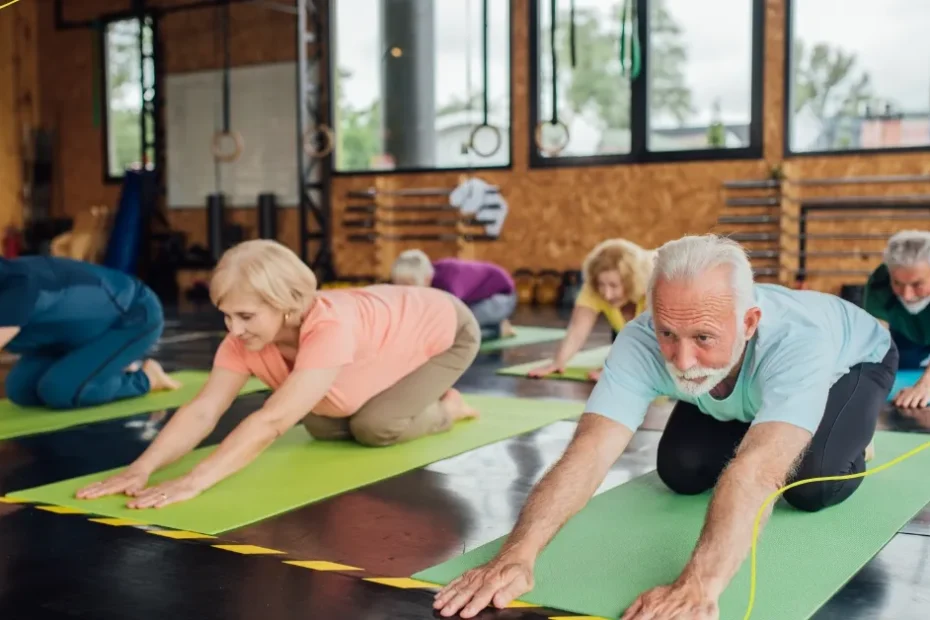
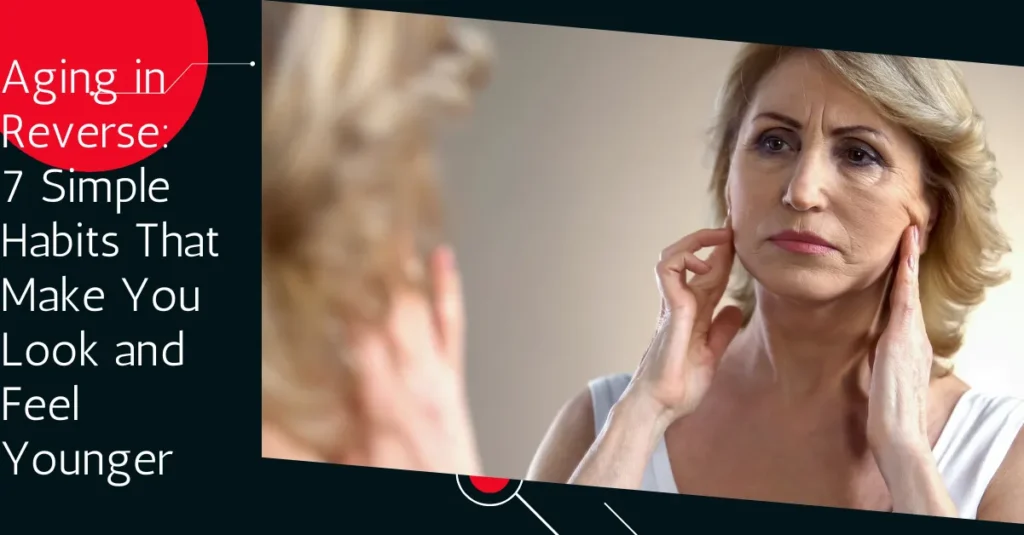
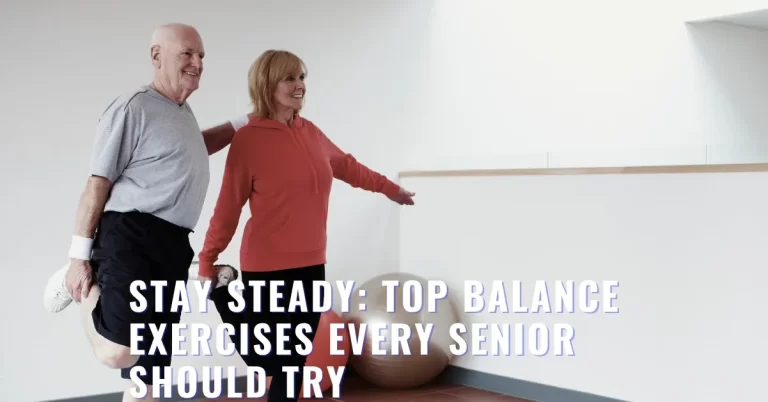

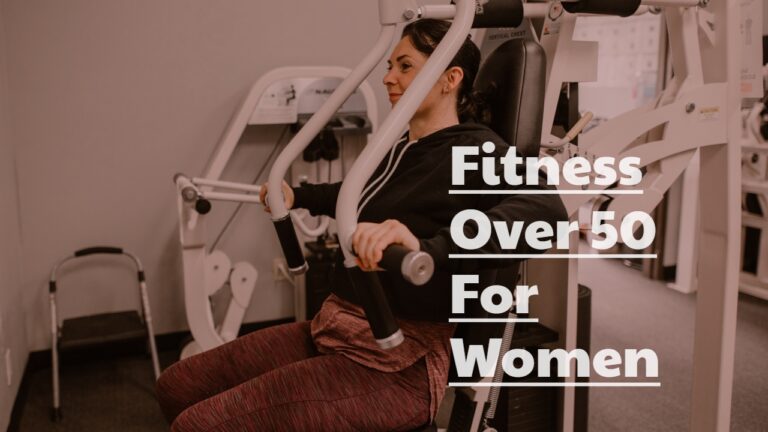
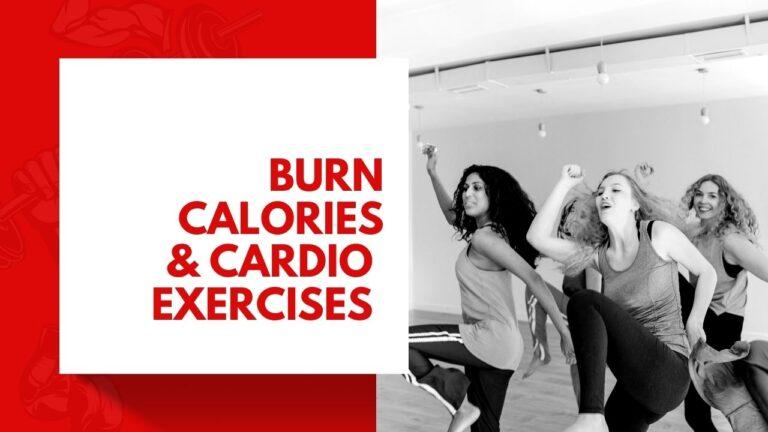

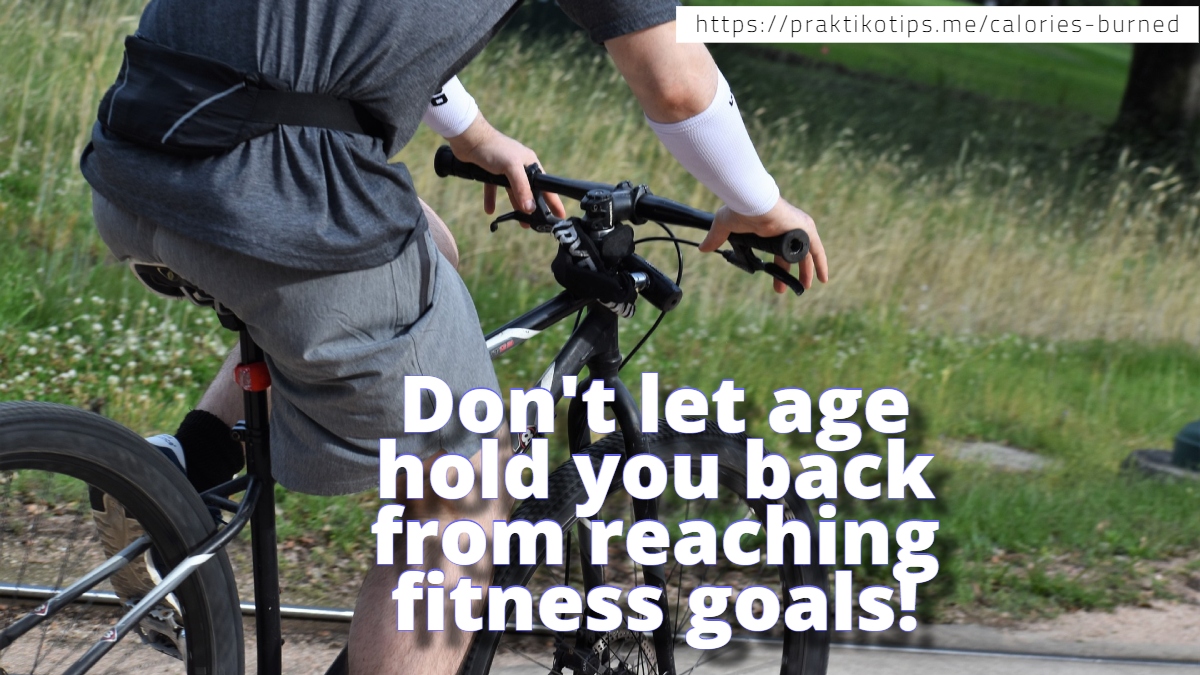
Fuel your body with nutrient-rich foods, stay active, and stay consistent
Good luck with your thesis
I never realized the connection between burning fat and the aging process until I read this post! It’s so important to take care of our bodies and prioritize a healthy lifestyle to support graceful aging.
Regular physical activity is great not just for your body, but also your mind. Something as simple as a daily walk can significantly improve your mood and reduce symptoms of depression and anxiety.
It’s so important to prioritize self-care for both mental and physical health
Age is no barrier to staying fit! Even small changes can make a big difference. Start with a short walk each day and gradually increase the intensity. Your body will thank you!
Honestly, I’m quite excited about the possibilities of AI in helping us age actively. I’m still pretty independent, but I can see how things like smart home technology could make life easier down the road.
My biggest concern with AI and aging is the “personal” part getting lost